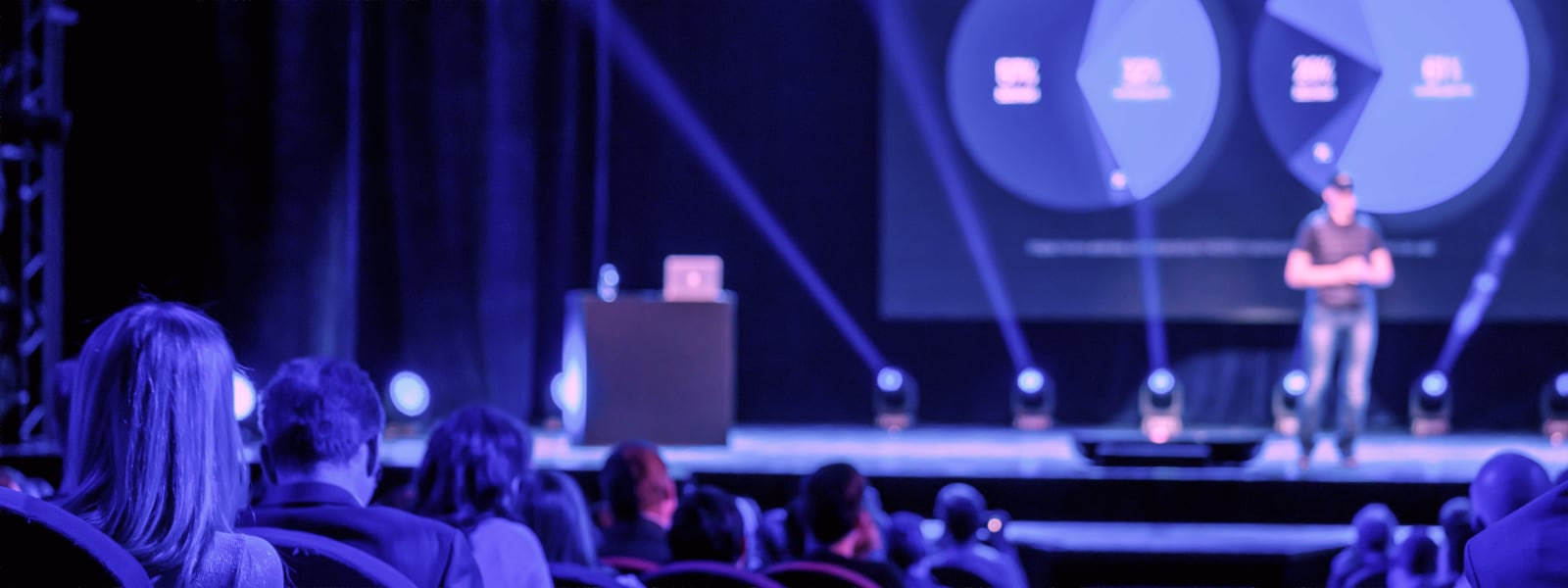Dr Arianna Borrelli
Käte-Hamburger-Kolleg “Cultures of Research,” RWTH Aachen, Germany
Symmetry, beauty and belief in theoretical physics: Aesthetics of knowledge in science and religion
& Workshop
Please register for the event here.
When:
Workshop: 10:00 to 12:00
Lecture: 16:15 to 17:45
Where:
VUB Main Campus Etterbeek
Pleinlaan 2
1050 Elsene
Vergaderzaal LW 5C.03
*Free of charge*
The Vrije Universiteit Brussel and Professor Cornelis J. Schilt invite you to a lecture and workshop (30 April) by Dr Arianna Borrelli (Käte-Hamburger-Kolleg “Cultures of Research,” RWTH Aachen, Germany), entitled “Symmetry, beauty and belief in theoretical physics: Aesthetics of knowledge in science and religion”. This lecture is part of the ERC lecture series ‘Knowledge in International Perspective’ (KIIP).
Contact: nicolo.cantoni@vub.be and demetrios.paraschos@vub.be
Dr Arianna Borrelli: “References to the godhead in science and to quantum physics in religion are often dismissed as superficial borrowings, but I will instead argue that the connection between both fields is deeper than usually assumed and passes through their shared aesthetics of knowledge.
Starting point is the claim that knowledge, though it may be abstract, can never be fully disembodied: sensually perceivable means are always necessary to express, manipulate, transform and share it. Knowledge can never be separated from this aesthetic dimension which mediates and shapes it as situated in a specific cultural and historical context. The aesthetics of modern scientific knowledge can take many forms, including words, symbols, images, and objects, and some of them are shared with another sphere of modern Western culture: religion. In this presentation I will focus on how these shared elements can mobilize culturally situated arguments contributing to construct and validate scientific knowledge. In particular, I will focus on the often-mentioned connection between beauty and truth.”
About the workshop (before the lecture)
- From 10:00 to 12:00 in the Vergaderzaal LW
Alien numbers: the aesthetic and performative dimensions of mathematics
Among today’s knowledge fields, mathematics is probably the one most often regarded as having a universal validity independent of the formalism it is expressed in. Yet mathematical notions, too, possess an aesthetic, i.e. sensually perceivable, dimension which allows to manipulate and communicate them. Can mathematical content be fully separated from the aesthetic form it takes?
The workshop focuses on the aesthetics of mathematical knowledge in a very basic way, looking at how integer numbers and other fundamental notions which we regard as mathematical are expressed, manipulated and communicated in various cultures of the past and present. We will demonstrate and tentatively perform different “alien numbers.,” and may also discuss aesthetic practices which may not be immediately appear as mathematical, but might be argued to be such.
About Dr Arianna Borrelli
Dr Arianna Borrelli is a historian and philosopher of natural philosophy and modern science, currently a research scholar at the Käte-Hamburger-Kolleg “Cultures of Research” at the RWTH University Aachen (Germany). The overarching focus of her research is the relationship between knowledge on natural phenomena and the strategies employed to represent, communicate, store and transform it. Her specific fields of interest include medieval mathematical cosmology, early modern meteorology and mechanics, and quantum theories from their early days up to the present. Currently she is focussing on the historical-epistemological premises and implications of the increasing use of computational tools in the natural sciences. Website: https://khk.rwth-aachen.de/arianna-borrelli/
About Prof. Dr. Cornelis J. Schilt
Cornelis J. Schilt is a research professor in History and Philosophy of Knowledge at Vrije Universiteit Brussel, specialising in Renaissance, early modern knowledge formation in general and the life and writings of Isaac Newton in particular. In 2022, he received a prestigious ERC start-up grant. With it, he started the project VERITRACE in which he investigates the influence of ancient wisdom writings on the development of early modern natural philosophy.
